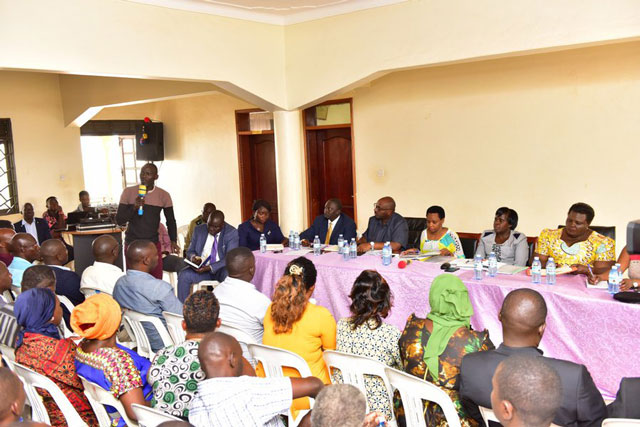
Why the lockdown should be a reminder to strengthen local council courts for improved access to justice
COMMENT | MUKALAZI DEUS MUBIRU | On March 18, 2020, the President of Uganda announced a 32-day long lockdown in an effort to manage the spread of the COVID19. The measures were published in the Public Health (COVID19) Rules gazetted on March 24, 2020. The guidelines generally restricted movement and banned any form of gatherings and emphasised social distancing. Following this address, the Chief Justice of Uganda, on March 19, 2020, issued a circular detailing administrative and contingency measures to prevent and mitigate the spread of COVID19 by the Judiciary. The guidelines suspended all court hearings and appearances among other measures and only those serious cases like bail applications would be allowed under strict guidelines.
The measures taken by the judiciary are not unique to Uganda. Across all countries, the efforts to slow the spread of the COVID-19 have massively impacted the functioning of the justice system. The capacities of legal systems even in the most developed countries have been affected, with courts in some places slowing their ability to process cases or even shutting down. The Bangalore Principles of Judicial Conduct require that whatever happens, judges should continue at the service of each citizen whenever an urgent measure must be decided especially in matters that involve fundamental rights or the protection of the more fragile members of our communities, especially older persons, but also, for instance, the victims of domestic violence now heavily pressured by the confinement of families, and, in general, all those in need.
When freedom of movement is restricted and resources are scarce, feelings of stress, anxiety and alienation can exacerbate exclusion, discrimination and social fissures and have a disproportionate impact on people living in extreme poverty, women and girls, the elderly, children, people with disabilities, migrants, refugees and displaced persons, prisoners, and those living in situations of conflict and insecurity. There are widespread media reports of increasing domestic violence, in particular violence against women, due to the added strains of confinement and quarantine, as well as financial distress. An integral part of good governance; particularly in crisis situations, should be the presence of institutions to help couples and families, and to prevent and respond to outbreaks of domestic violence.
When the ability to access services and the fair distribution of public resources can make a difference between life and death, justice institutions must be available to protect the rights of the least powerful among us. Countries and communities around the world in situations of conflict or fragility are particularly vulnerable to the social stresses being brought by the pandemic and must be supported to develop stronger governance systems including justice sector institutions through locally owned and context specific interventions.
 The Independent Uganda: You get the Truth we Pay the Price
The Independent Uganda: You get the Truth we Pay the Price


